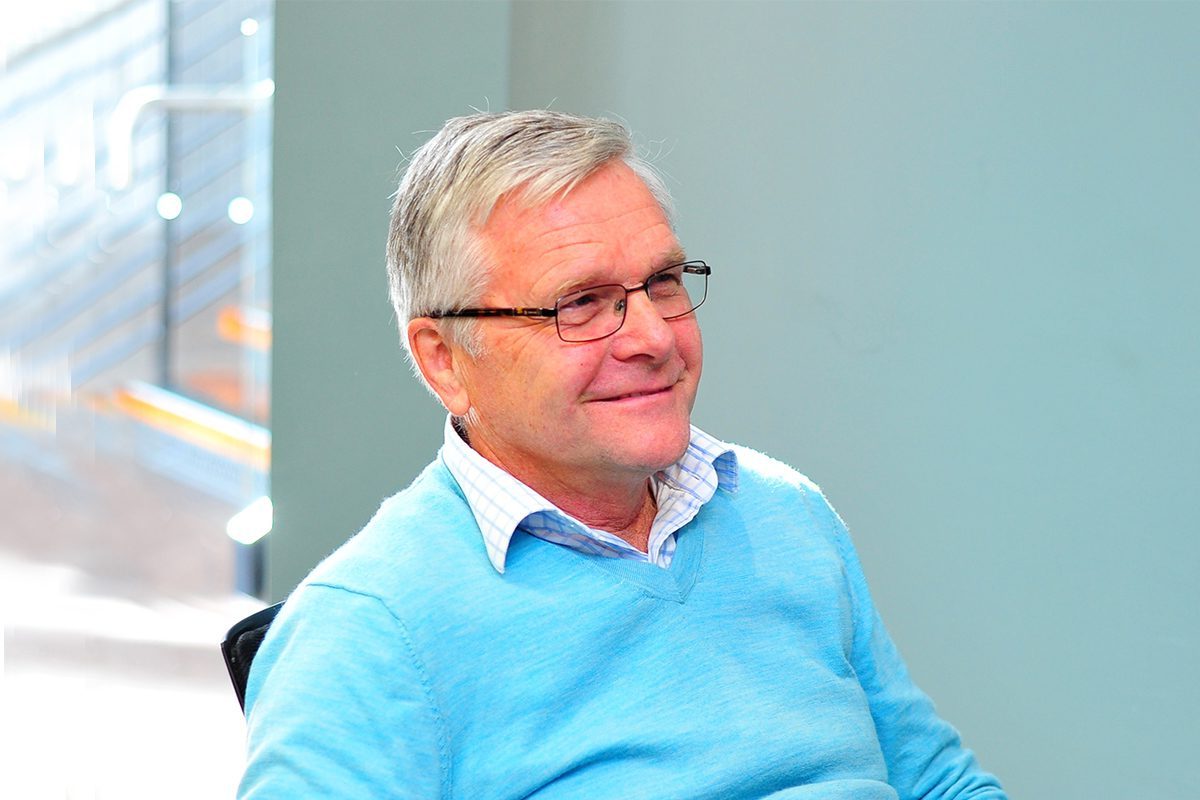The thirteen members of the HERA Executive are largely elected by HERA members and typically are representatives of HERA’s key stakeholder groups.
Some are co-opted and represent the views of associated organisations such as the Manufacturers & Exporters Association (NZMEA) and Steel Construction NZ (SCNZ) or, as in the case of key stakeholder and member New Zealand Steel, an individual company with quite a large and diverse action portfolio, and also staff composition.
The HERA Executive meets at least four times a year and discusses and makes decisions on HERA Strategy and the associated HERA Business Plan. Being a membership-based organisation, the majority of the Executive feels that getting involved in the details of decision-making is needed to ensure that members’ views are heard and their interests fulfilled.
As Director, I greatly appreciate the feedback from the Executive and love to implement the “members’ view” as much as possible, and of course especially if the view is a “shared one”. And I am pleased to report that in general HERA Executive resolutions are unanimous, thanks to the effort to marry views.
At the last HERA Executive meeting in December, a number of issues were discussed where views were not unanimous and ready for a “marriage”, and the wise decision was to go out to the membership to explore members’ views. The first of the items we wish to tackle in conjunction with the membership is staff qualification and skills at “advanced trade level”, and HERA’s role in providing those.
I strongly believe all company leaders are aware of the importance of their staff skills set on the sustainability of their businesses. Where different opinions come in is how best to achieve the desired skill sets.
For example, do we as a company actively support the development of skills and company internal career paths, or do we prefer to buy skills in as required, maybe with the argument that this causes fewer hassles and faster outcomes, and potentially with less cost?
As you are most likely aware, the New Zealand Qualification Authority (NZQA) maintains the New Zealand Qualification Framework (NZQF) which for years has included specific qualifications at the advanced trade/supervisor Level 5. However, you may not be aware that the uptake of these level 5 qualifications in our metals engineering area is virtually zero. Bluntly interpreted, this means we don’t need them.
However, the industry representatives who in co-operation with COMPETENZ revised the qualification thought this to be different. They ensured in the review that the qualification is more flexible and can easily be adjusted to cater for variations in the level 5 skill set requirement, and also on the provider side allows more flexible adjustment in the way qualification awarding organisations can structure their training programme. Therefore, I believe the conditions are in place for our industry sector to tailor a qualification pathway to what industry wants.
In the NZQA qualification review-associated industry consultation, a key finding was that Level 5 qualification seekers have been discouraged in completing the qualification due to the disjointed nature of the qualification programmes on offer, the lack of support and drive from employers, and the general effort required to complete the qualification based on a largely individual initiative often outside working hours.
This is the point where HERA believes it can make a difference, provided sufficient industry demand is demonstrated. HERA, which as an industry training provider fills gaps in welding fabrication specific education, already runs level 5 training for welding supervisors and welding inspectors.
As part of their NZQA accreditation, HERA could expand this programme to cover other needed Level 5 skills, potentially making HERA a one-stop-shop for obtaining a relevant Level 5 qualification. Especially the development around the Steel Fabricator Certification (SFC) scheme which requires responsible welding co-co-ordinators qualified at this level in support of product conformance while also providing a clear career path option for staff, lends itself for a clear career path option. Additionally, any welding fabrication subsector which prides itself on quality, product conformance and cost-effectiveness requires in my view more than an ad hoc approach, but rather needs a continuous pool of people at level 5 to be successful.
In the related article HERE, you will find the description of a questionnaire which we ask members to give us their feedback around these issues. We need to know what importance members attach to level 5 qualifications, what skills they wish to see covered, and most importantly what support they would give to a tailored HERA training programme. Is this something HERA should be working on to support your training needs?

